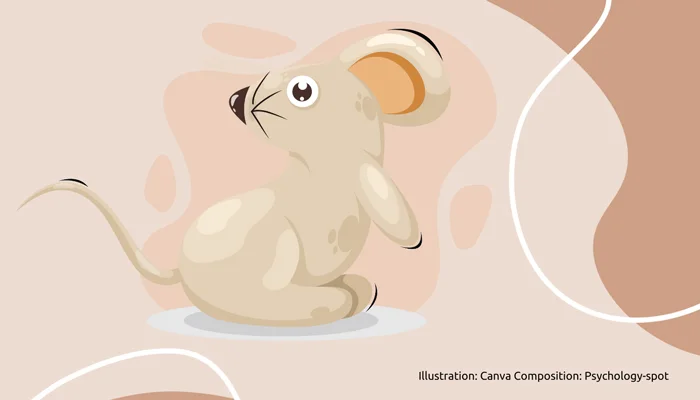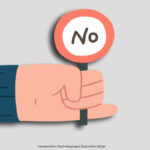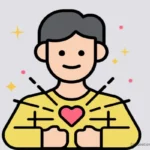
One day, a mouse saw the farmer and his wife opening a package through the hole in the wall where he had his burrow. He got excited imagining all the delicious things it could contain, but very soon he was horrified to discover that it was a mousetrap!
Frightened, he ran to the farm yard to warn all the animals:
– There is a mousetrap in the house, a mousetrap in the house!!!
The chicken, who was nearby, raised her head and said:
– Excuse me Mr. Mouse. I understand that it is a big problem for you, but it doesn’t hurt me in the least – and he continued digging in the dirt.
The mouse then ran up to the lamb and said:
– There is a mousetrap in the house, a mousetrap!!!
– I see that you are very alarmed, but there is nothing I can do, just pray for you. Rest assured, I will remember you in my prayers – this man responded undaunted.
The mouse, already discouraged, went to the cow with his last hopes placed in her, but she told him:
– Am I in danger? I don’t think so…. What’s more… I’m sure not. I’m sorry for you.
The mouse returned to his burrow worried and dejected, thinking about how to face this new threat alone.
That same night a rumor was heard on the farm, like that of a mousetrap trapping its victim. The farmer’s wife ran to see what she had caught. In the darkness, she could not see that the mousetrap had caught the tail of a poisonous cobra, which bit the woman.
The farmer immediately called the doctor, who recommended that he prepare soup for the fever and malaise.
The farmer, without thinking twice, grabbed his ax and went to look for the main ingredient of the soup: the chicken.
However, the woman did not improve. Her family came to visit her and to feed them, the farmer had to kill the lamb.
Ultimately, the woman did not survive the poison and ended up dying. The farmer, to cover the funeral expenses, had to sell the cow to the slaughterhouse.
Empathy? Yes, but selective
They say empathy is written in our genes. But there is no doubt that lately we are developing very selective empathy. We find it easier to empathize with those who look like us. Putting ourselves in the shoes of someone we perceive as too different requires an effort that fewer and fewer people are willing to make.
The media doesn’t help either. A study conducted at George Washington University on news coverage of natural disasters throughout the 1970s and 1980s revealed that the severity or lethality of the catastrophe is not the primary factor driving people’s empathy. The American press devoted three times as much news to an earthquake in Italy that claimed 1,000 lives as it did to a more devastating one in Guatemala that killed 4,000 people.
Obviously, the American public felt more identified with the suffering of the first (even though the second was closer geographically), which seems to indicate that there are some groups that are more “deserving” of our attention than others (although we do not like to admit it).
In 2019, empathy researcher Fritz Breithaupt explained that, in the midst of a conflict, we are not able to fully and effectively empathize with historically marginalized groups. We choose the side with which we feel most identified and the one that we believe (or at least hope) will defend our privileges. And once we take sides, a polarization develops so strong that it prevents us from understanding the other’s reasons or even seeing their suffering.
In other words, too often we behave like the farm animals in the fable. Too often we close our eyes to the problems of others because we believe that they do not concern us. Too often we hide in our “happy bubble” thinking that no one can take those privileges away from us.
Too often we lock ourselves behind a wall of protection, flooding the entrances to our homes with security cameras, as Zygmunt Bauman wrote. But every additional lock we put on the front door only adds more fear and apathy.
While we develop that selective empathy and protect our small patch of privilege, we lose something much more important: humanity. Every time a child is murdered or sexually exploited, every time a woman is commodified, mutilated or stoned to death, every time an elderly person dies in absolute loneliness, every time a father fails to feed his family, every time hate speech is uttered without us doing anything, our humanity dies a little more.
Empathy is not a way to help someone, but to help ourselves. Empathy is not a favor that we grant to the less privileged, but rather a way of opening ourselves to differences to understand other experiences and grow as people. Empathy is the way to preserve our humanity. And if we look the other way, we will lose both one and the other.




Leave a Reply